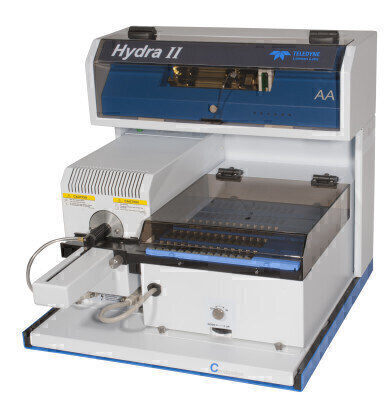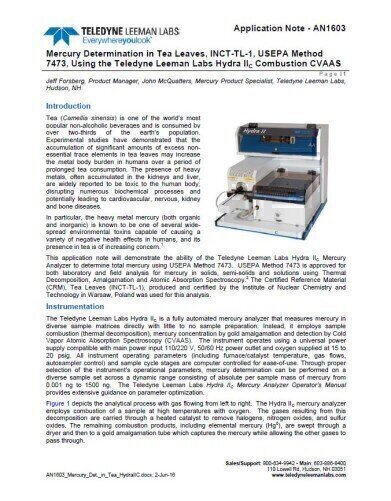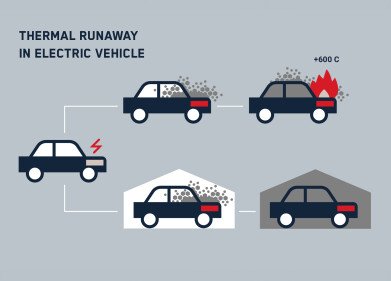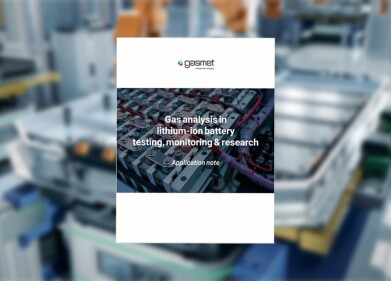Health & Safety
Mercury Determination in Tea Leaves, INCT-TL-1, USEPA Method 7473, Using the Teledyne Leeman Labs Hydra IIC Combustion CVAAS / AN1603
Jun 16 2016
Tea (Camellia sinensis) is one of the world’s most popular non-alcoholic beverages and is consumed by over two-thirds of the earth’s population. Experimental studies have demonstrated that the accumulation of significant amounts of excess non-essential trace elements in tea leaves may increase the metal body burden in humans over a period of prolonged tea consumption. The presence of heavy metals, often accumulated in the kidneys and liver, are widely reported to be toxic to the human body, disrupting numerous biochemical processes and potentially leading to cardiovascular, nervous, kidney and bone diseases.
In particular, the heavy metal mercury (both organic and inorganic) is known to be one of several wide-spread environmental toxins capable of causing a variety of negative health effects in humans, and its presence in tea is of increasing concern.1
This application note will demonstrate the ability of the Teledyne Leeman Labs Hydra IIC Mercury Analyser to determine total mercury using USEPA Method 7473. USEPA Method 7473 is approved for both laboratory and field analysis for mercury in solids, semi-solids and solutions using Thermal Decomposition, Amalgamation and Atomic Absorption Spectroscopy.2 The Certified Reference Material (CRM), Tea Leaves (INCT-TL-1), produced and certified by the Institute of Nuclear Chemistry and Technology in Warsaw, Poland was used for this analysis.
Instrumentation
The Teledyne Leeman Labs Hydra IIC is a fully automated mercury analyser that measures mercury in diverse sample matrices directly with little to no sample preparation. Instead, it employs sample combustion (thermal decomposition), mercury concentration by gold amalgamation and detection by Cold Vapor Atomic Absorption Spectroscopy (CVAAS). The instrument operates using a universal power supply compatible with main power input 110/220 V, 50/60 Hz power outlet and oxygen supplied at 15 to 20 psig. All instrument operating parameters (including furnace/catalyst temperature, gas flows, autosampler control) and sample cycle stages are computer controlled for ease-of-use. Through proper selection of the instrument’s operational parameters, mercury determination can be performed on a diverse sample set across a dynamic range consisting of absolute per sample mass of mercury from 0.001 ng to 1500 ng.
Conclusion
The Hydra IIC Combustion CVAAS Mercury Analyser is capable of analysing and determining total elemental mercury (Hg0) concentrations in Tea Leaves (INCT-TL-1) using the guidance in EPA Method 7473. Additionally, the integrated autosampler provides a fast, simple and convenient approach for the analysis of mercury. The use of combustion (decomposition) virtually eliminates sample preparation, as well as the production of hazardous chemical wastes resulting in reduced technician time and operating expenses.
Download the full application note or contact us for more information
References
1 Rashid, M. H., Fardous, Z., Chowdhury, M. A. Z., Alam, M. K., Bari, M. L, Moniruzzaman, M, & Gan, S. H. (2016). Determination of heavy metals in the soils of tea plantations and in fresh and processed tea leaves: an evaluation of six digestion methods. Chemistry Central Journal, 10, 7. http://doi.org/10.1186/s13065-016-0154-3
2 United States Environmental Protection Agency (USEPA). Mercury in solids and solutions by thermal decomposition, amalgamation, and atomic absorption spectrophotometry - EPA Method 7473-2007 - February 2007 Revision 0. [Online] https://www.epa.gov/sites/production/files/2015-12/documents/7473.pdf (accessed May 24, 2016)
3 Institute of Nuclear Chemistry and Technology [Online] http://www.ichtj.waw.pl/ichtj/market/m-eng/dep_08/Dokumenty/ATEST-TL_en.pdf (accessed May 24, 2016)
Digital Edition
AET 28.2 April/May 2024
May 2024
Business News - Teledyne Marine expands with the acquisition of Valeport - Signal partners with gas analysis experts in Korea Air Monitoring - Continuous Fine Particulate Emission Monitor...
View all digital editions
Events
Jul 30 2024 Jakarta, Indonesia
China Energy Summit & Exhibition
Jul 31 2024 Beijing, China
2024 Beijing International Coal & Mining Exhibition
Aug 07 2024 Beijing, China
IWA World Water Congress & Exhibition
Aug 11 2024 Toronto, Canada
Aug 25 2024 Stockholm, Sweden and online











.jpg)








